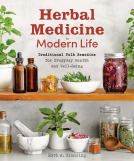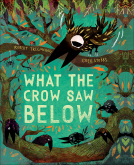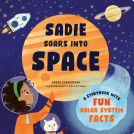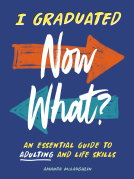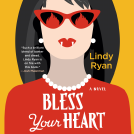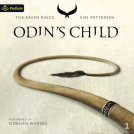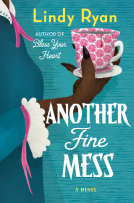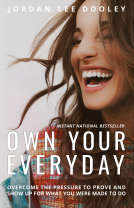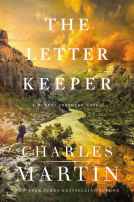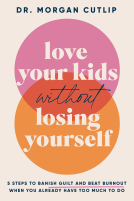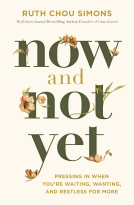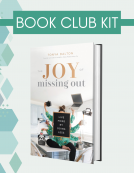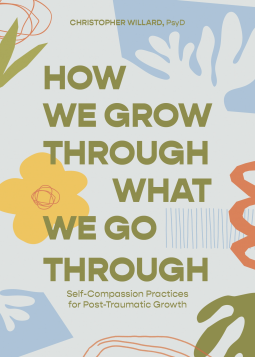
How We Grow Through What We Go Through
Self-Compassion Practices for Post-Traumatic Growth
by Christopher Willard, PsyD
This title was previously available on NetGalley and is now archived.
Send NetGalley books directly to your Kindle or Kindle app
1
To read on a Kindle or Kindle app, please add kindle@netgalley.com as an approved email address to receive files in your Amazon account. Click here for step-by-step instructions.
2
Also find your Kindle email address within your Amazon account, and enter it here.
Pub Date Nov 29 2022 | Archive Date Dec 06 2022
Talking about this book? Use #HowWeGrowThroughWhatWeGoThrough #NetGalley. More hashtag tips!
Description
Turn your everyday experiences into a source of strength with the easy-to-learn practices in this uplifting guide to post-traumatic growth.
Trauma pervades every aspect of our lives, particularly in recent years between climate change, social justice issues, the coronavirus pandemic, and more. But the truth is that post-traumatic growth, rather than post-traumatic stress, is not only possible but probable. In this book, you’ll discover the conditions and compassionate practices that make growth and resilience possible, including:
• How to regulate your nervous system by regulating your breath and body
• Trauma-informed self-compassion practices that make you more resilient to the world around you
• Skills to set boundaries to aid in your healing
• Dozens of other ways to turn your difficult experiences toward growth
Simple and to the point, each chapter offers practices, self-assessments, enlightening science facts, and advice for the real world—perfect for reading a page or two after an exhausting day or sharing with others when they need a lift.
No one gets a pass from life’s challenges. The good news is, we are hardwired to turn them into a source of strength. Turn to this book anytime you need to find out How We Grow Through What We Go Through.
Available Editions
| EDITION | Other Format |
| ISBN | 9781683648901 |
| PRICE | $17.99 (USD) |
| PAGES | 176 |
Featured Reviews
 Morgaine B, Reviewer
Morgaine B, Reviewer
Though some of the topics covered in this book are common knowledge (especially if you've been struggling with your mental health and have looked at other resources), it was a highly informative read. The strategies presented here were accessible and backed by clearly referenced scientific study. There was a lot of discussion about the biological reasons we experience anxiety, depression, etc. in relation to traumatic events. This book would have been immensely helpful to me when I was first beginning my journey of addressing PTSD. The tone was wonderful, very compassionate and explanative without bordering into the preachy or judgmental.
This book taught me a lot about trauma and the mind-body connection. It was packed with helpful exercises. I think it will help many people. Thanks for letting me check it out!
My 600th Book Review of 2022💝
Thank you, Sounds True, for the advance review copy.
The guidebook is all about resilience! Resilient mind, resilient body and a resilient heart.
The first section prepares the reader well about the contents and how to be resilient with things to reflect upon.
The following three sections focus on the mind, body and the heart.
The exercises are practical. The book offers some of the best empowering ideas and words. The writing is fairly easy to read and follow for any age group. There's less use of complicated terms and expressions which I really appreciate.
The presentation is neat and easy to the eyes.
The book is really short yet it has some of the best tips on simple exercises, simple ways to reflect upon and how to become resilient for the ones who have experienced trauma.
I do feel the book will be of some help when you most need it.
I appreciate the inclusion of the citations for each chapter/section towards the end of the book.
The title and blurb provide a very good description of what you can expect from this book. Clinical psychologist Dr. Christopher Willard offers simple, practical guidance and exercises to help you regulate your nervous system and develop more resilience. He accomplishes this in a friendly, easy to understand style accompanied by references to relevant professional literature.
I was already familiar with most of the concepts discussed, but I love the author’s presentation and how he framed the discussion in terms of “Who do I want to be?” I feel like I gained a better understanding of how we can use mindfulness, compassion, and kindness to experience post-traumatic growth, even while we are experiencing post-traumatic stress.
I think most people could benefit from reading this book. Even if you think you haven’t experienced trauma, we all experience stress and pain and we all can benefit from mindfulness and compassion.
I was provided an unproofed ARC through NetGalley that I volunteered to review.

